family background / Tim is a fourth-generation farmer who has a bachelor’s degree in biology and a doctorate in chiropractic medicine. He returned to the farm, working both as a chiropractor in The Dalles, Oregon, and running the family farm that his great-grandfather, Nobuhei Akita, had begun in 1931. The farm exports its fresh cherries primarily to Japan, Taiwan, Hong Kong and South Korea.
age / 31
crops / Cherries
business / Akita Orchards
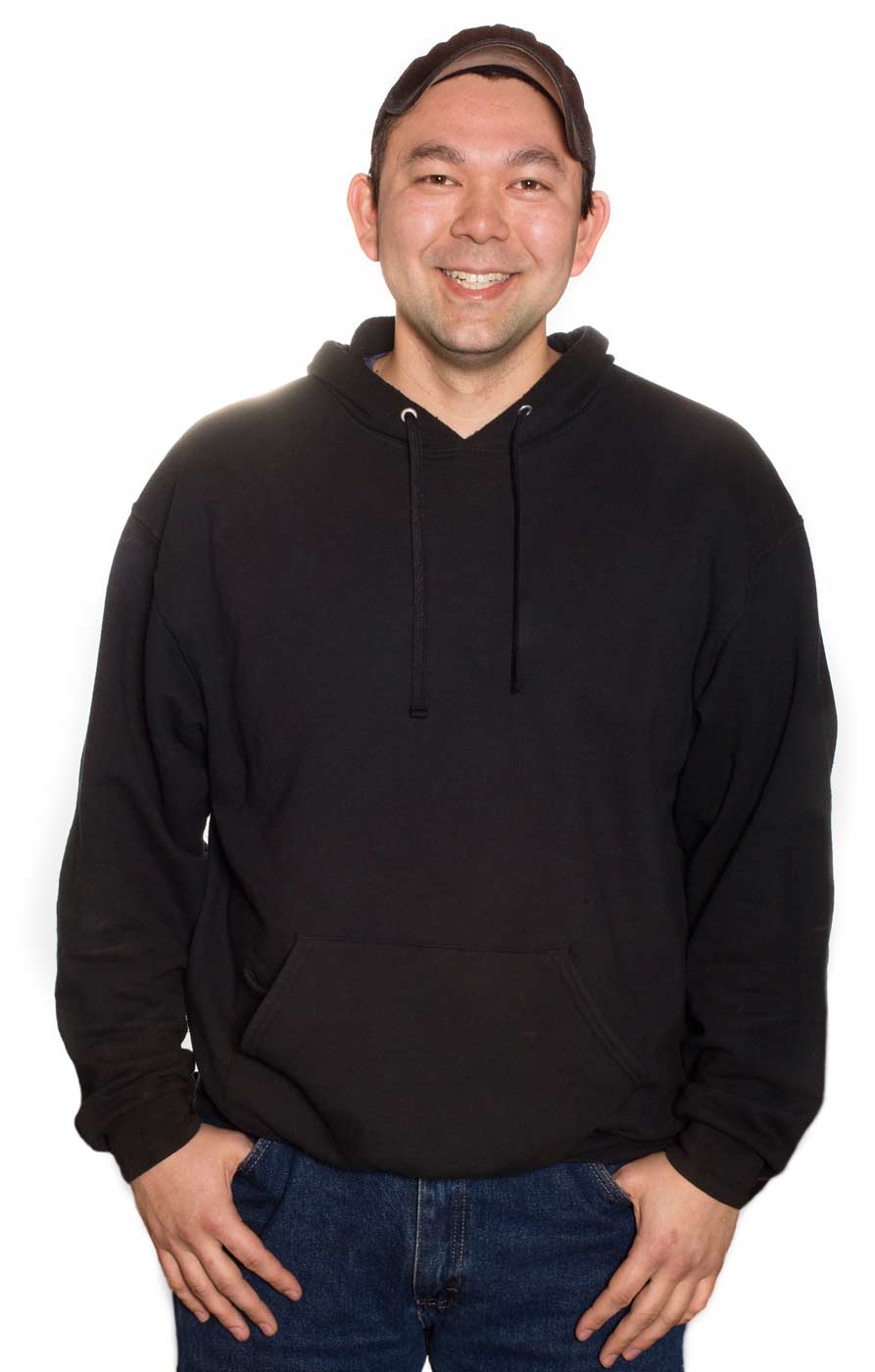 How did you get your start?
How did you get your start?
I grew up in The Dalles with the farm across the Columbia River in Dallesport, and we’d spend our summers on the farm working.
The first couple years I’d follow my grandfather around and just be with him to learn and experience what he’d experience.
That’s where I really caught the farming bug and where the farming passion came from. I enjoy being outside and working with my hands.
How has your family’s farming history shaped your goals?
I remember being told a story about my grandfather, that when he was wanting to take over the farm, great-grandfather told him to go out and walk the land, feel the soil and gain an understanding what’s going on out on the farm.
I think that point of view is just as true now with current growing practices. When we go out looking at the trees, we may find one tree is healthy and the one right next to it isn’t.
So, we must observe the changes in the farm, figure out where our problems are and come up with an action plan to correct it.
My understanding of chemistry and biology has been very important, helping me understand what’s going on with the plants, especially plant health and nutrition.
One of my goals is to raise healthy trees. I feel like if we have healthy trees then the overall health of the orchard will be better.
What are your primary challenges?
Imagine trying to plant a cherry tree on a beach. We farm in what is basically sandy loam.
The result has been me considering soil amendments like compost and how that can benefit our trees, increase yield and grow larger fruit.
To deal with our difficult soil, we’ve been focusing not only on macronutrients but micronutrients, trace minerals and biostimulants.
Improving soil nutrition is part of a plan to feed the trees and stimulate shoot and root growth. When we plant new trees, we occasionally find a 2-foot layer of basalt underneath the soil. We’ve almost broken an auger trying to plant new trees.
Ultimately, I think the healthier we can make a tree, then it’ll result in less fungicides or insecticides I’ll need to put out. It’ll also set us up to begin getting away from conventional chemicals and using more natural solutions.
Are you looking at modern systems when you plant?
Our old orchard was spaced about 30 feet by 30 feet, and that’s a pretty wide spacing. Now we’re looking at more high-density plantings to increase our tons per acre overall.
Because we have flat ground, we are looking at adding a trellis system that could allow mechanized pruning to help improve efficiencies overall on the farm.
I want to improve how we are pruning, picking and fertilizing. Our 30-by-30-feet planting is Bing on Mazzard.
Our newest planting is 12 by 18, Bings on Krymsk 6, which could be too far apart. In the future, I could see us going maybe 7 or 8 feet, by 12 feet and even tighter if we do a trellis.
What would you tell younger growers?
My science background helped when I returned. When it comes to how the chemicals interact, how nutrients are absorbed by plants, that kind of knowledge has been important.
I believe having a business degree would also be helpful in trying to manage a farm. I feel farming is a labor of love.
You cannot be good at farming if you don’t like to get out there every single day and put the work in.
My key points of successful farming would be to have knowledge of science, business and loving what you do.
– by TJ Mullinax

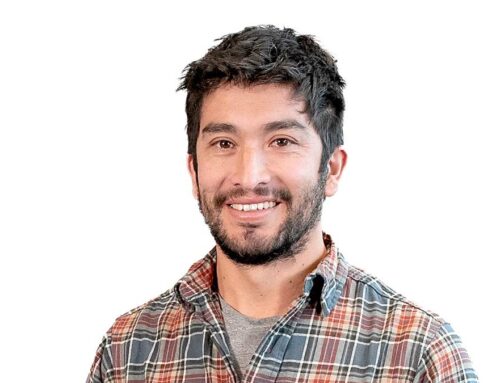
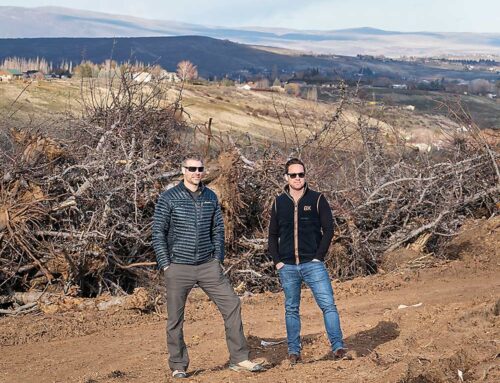
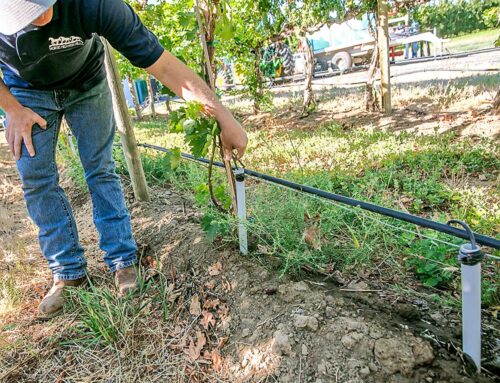
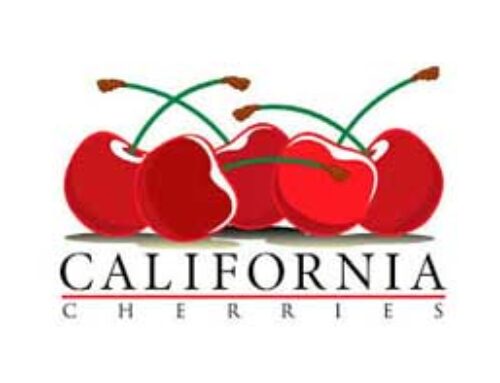
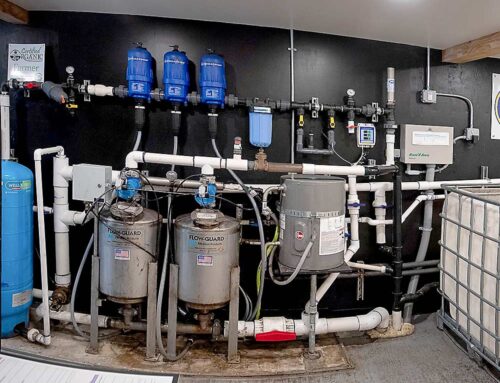
Leave A Comment